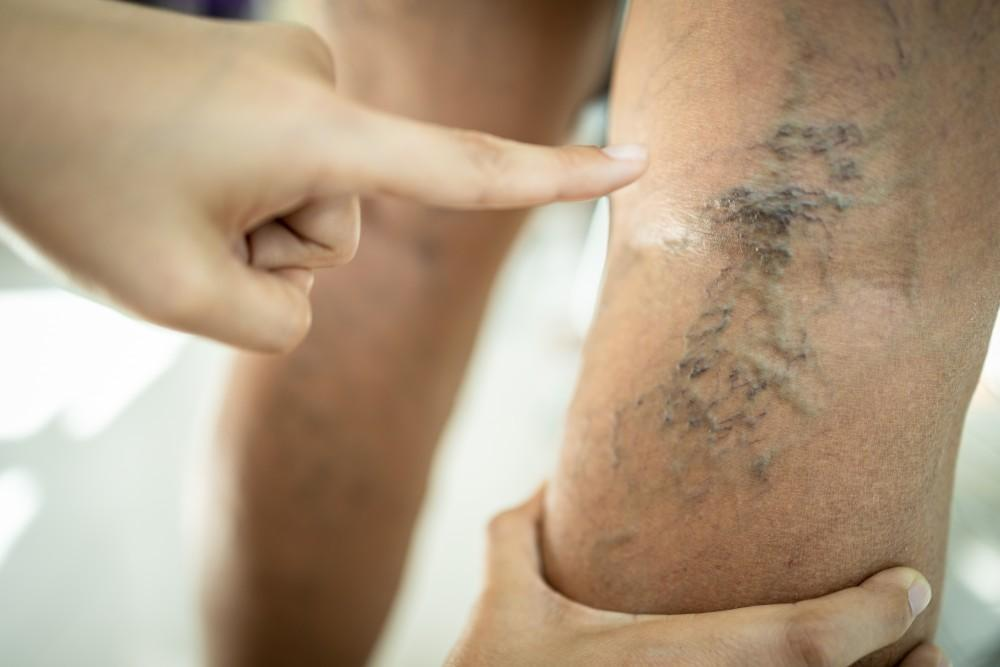How to Prevent Plaque Psoriasis Relapses
Effective Strategies for Long-Term Control
Plaque psoriasis is a chronic autoimmune condition characterized by red, scaly patches on the skin, often leading to discomfort and itching. One of the most challenging aspects of managing plaque psoriasis is preventing relapses, also known as flare-ups. While there is no cure for this condition, understanding the triggers and following a proactive management plan can help reduce the frequency and severity of relapses. In this article, we will explore the most effective strategies to prevent plaque psoriasis relapses and maintain clearer skin.
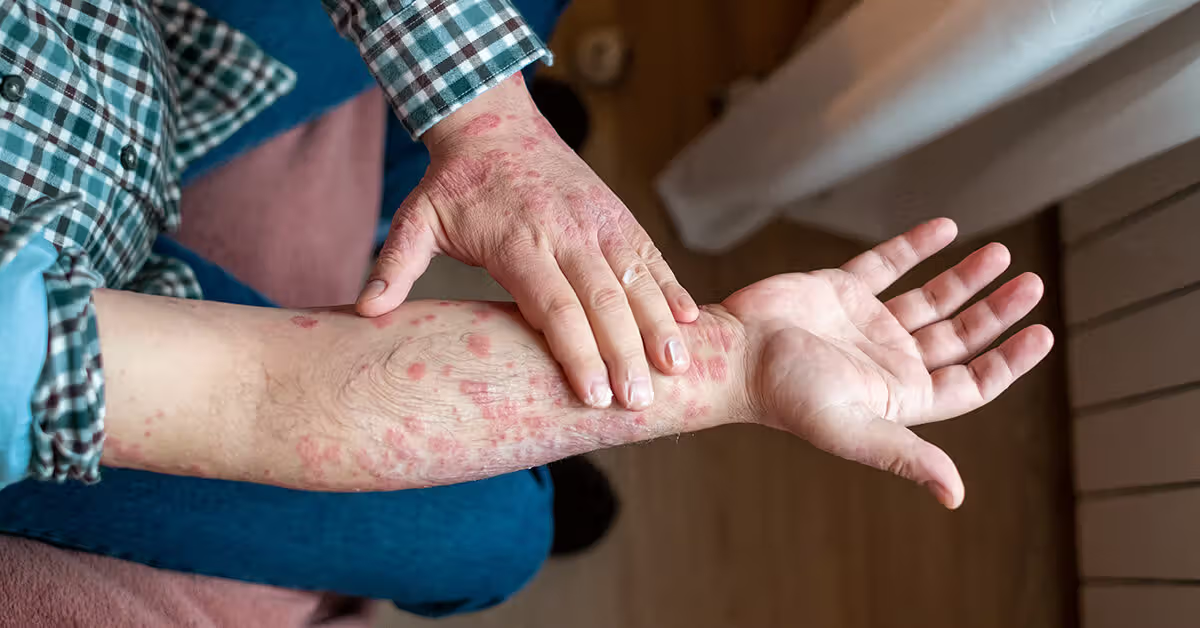
Understanding Plaque Psoriasis Triggers
Preventing plaque psoriasis relapses starts with understanding what triggers them. Triggers can vary from person to person, but common factors include:
- Stress: Psychological stress is one of the most common triggers for psoriasis flare-ups.
- Skin Injury: Cuts, scrapes, insect bites, or even sunburn can trigger a response known as the Koebner phenomenon, where psoriasis develops on the injured skin.
- Infections: Bacterial or viral infections, such as strep throat or the flu, can trigger immune responses that lead to psoriasis.
- Weather Changes: Cold and dry weather can dry out the skin, increasing the risk of a flare-up, while warm and sunny weather may improve symptoms.
- Medications: Certain medications like beta-blockers, lithium, and antimalarials can worsen psoriasis or trigger new patches.
- Alcohol and Smoking: Both alcohol and tobacco use are linked to increased psoriasis symptoms and reduced treatment effectiveness.
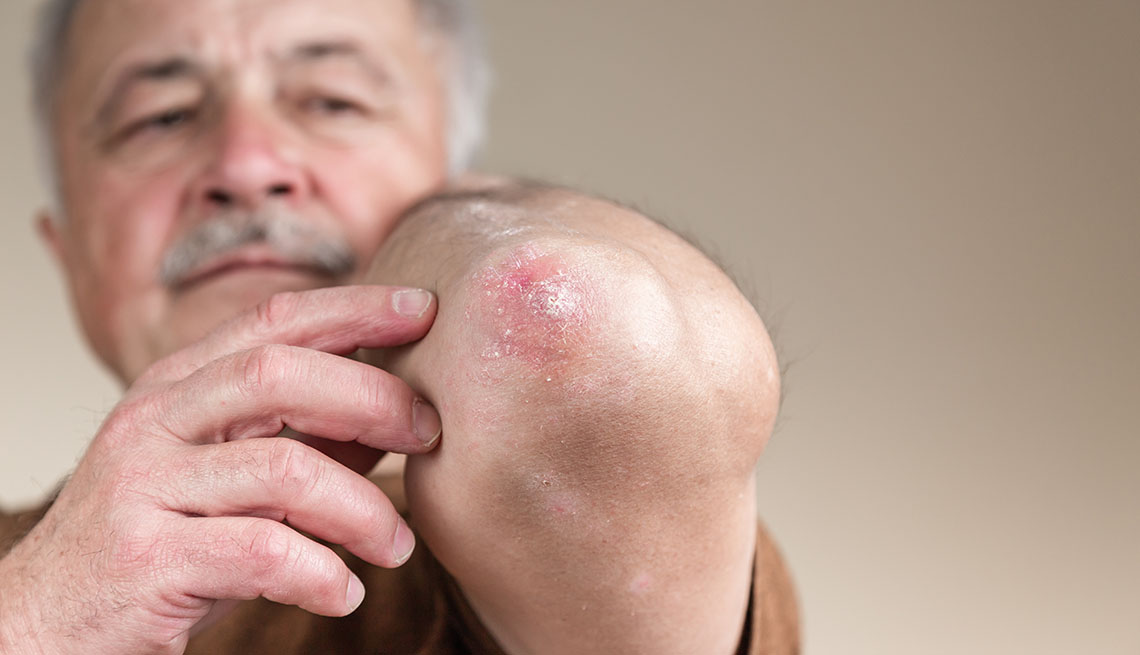
1. Adhere to Your Treatment Plan
One of the most crucial aspects of preventing relapses is consistent adherence to your prescribed treatment plan. This may include:
- Topical Medications: Regularly apply topical creams or ointments, such as corticosteroids, vitamin D analogs, or retinoids, as directed by your healthcare provider.
- Systemic Medications: If you are prescribed oral or injectable medications like methotrexate, cyclosporine, or biologics, make sure to take them on schedule to control inflammation.
- Phototherapy: Follow the recommended frequency for light therapy sessions, as this can be effective in reducing the frequency of flare-ups.
Staying committed to your treatment plan even when your skin clears up is essential, as stopping treatment prematurely can lead to a quick return of symptoms.
2. Manage Stress Effectively
Since stress is a significant trigger for many individuals with psoriasis, learning how to manage it effectively can reduce the likelihood of flare-ups. Consider incorporating the following techniques into your routine:
- Meditation and Mindfulness: Practicing mindfulness techniques can help reduce stress and improve your emotional response to triggers.
- Physical Activity: Regular exercise is a great way to lower stress levels and boost your immune system. Activities like yoga, swimming, or walking can be particularly beneficial.
- Sleep Hygiene: Maintaining a consistent sleep schedule and ensuring you get adequate rest can help regulate stress hormones and reduce flare-ups.
3. Protect Your Skin from Injury
Taking steps to prevent skin injury is crucial for minimizing the risk of psoriasis relapses. Here are some practical tips to protect your skin:
- Avoid Cuts and Scrapes: Use care when shaving or engaging in activities that could injure your skin. Wearing gloves while gardening or doing household chores can be helpful.
- Sun Protection: While moderate sun exposure may help psoriasis, too much sun can cause burns and worsen symptoms. Use sunscreen with at least SPF 30 to protect your skin.
- Moisturize Regularly: Keeping your skin well-moisturized can prevent dryness, cracking, and irritation. Choose creams and ointments that are fragrance-free and designed for sensitive skin.
4. Adopt a Healthy Diet
Your diet plays a significant role in managing psoriasis and preventing relapses. An anti-inflammatory diet can help reduce overall inflammation in the body, which may help control flare-ups. Consider the following dietary tips:
- Eat Omega-3 Rich Foods: Fatty fish like salmon, mackerel, and sardines are excellent sources of omega-3 fatty acids, which have anti-inflammatory properties.
- Increase Antioxidant Intake: Incorporate fruits and vegetables that are high in antioxidants, such as berries, leafy greens, and nuts, to combat oxidative stress.
- Avoid Trigger Foods: Limit your intake of alcohol, processed foods, and those high in sugar and saturated fats, as these can increase inflammation.
- Gluten Sensitivity: Some people with psoriasis may have a sensitivity to gluten, so reducing or eliminating gluten-containing foods like wheat, barley, and rye might be beneficial.
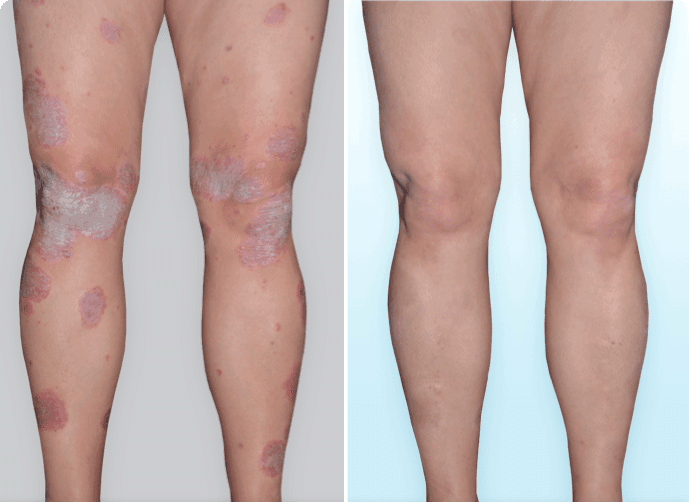
5. Avoid Known Triggers
Identifying and avoiding triggers that lead to psoriasis flare-ups is crucial in preventing relapses. Common triggers to be mindful of include:
- Cold and Dry Weather: During winter months, use a humidifier in your home to add moisture to the air and protect your skin from drying out.
- Alcohol and Smoking: Reducing or eliminating alcohol and smoking can significantly lower the risk of flare-ups. Both have been shown to interfere with the immune system and treatment effectiveness.
- Infection Control: Promptly treating infections like strep throat or respiratory illnesses can prevent immune responses that might trigger a psoriasis flare.
6. Regular Dermatologist Visits
Regular visits to a dermatologist are essential for monitoring your condition and making necessary adjustments to your treatment plan. Your healthcare provider can help with:
- Treatment Optimization: Adjusting medications as needed to ensure that they are still effective and well-tolerated.
- Early Intervention: Detecting signs of flare-ups early and taking immediate steps to control them can prevent severe relapses.
- Access to New Treatments: Staying informed about the latest treatment options, including new biologics and advanced therapies.
7. Use Alternative Therapies
Some alternative therapies may help manage symptoms and reduce the risk of relapse. While these are not substitutes for medical treatment, they can be complementary strategies:
- Aloe Vera Gel: Applying aloe vera gel to affected areas may help soothe skin irritation and reduce redness.
- Oatmeal Baths: Soaking in an oatmeal bath can relieve itching and inflammation associated with plaque psoriasis.
- CBD Products: Some studies suggest that cannabidiol (CBD) products may have anti-inflammatory effects that can benefit psoriasis sufferers.
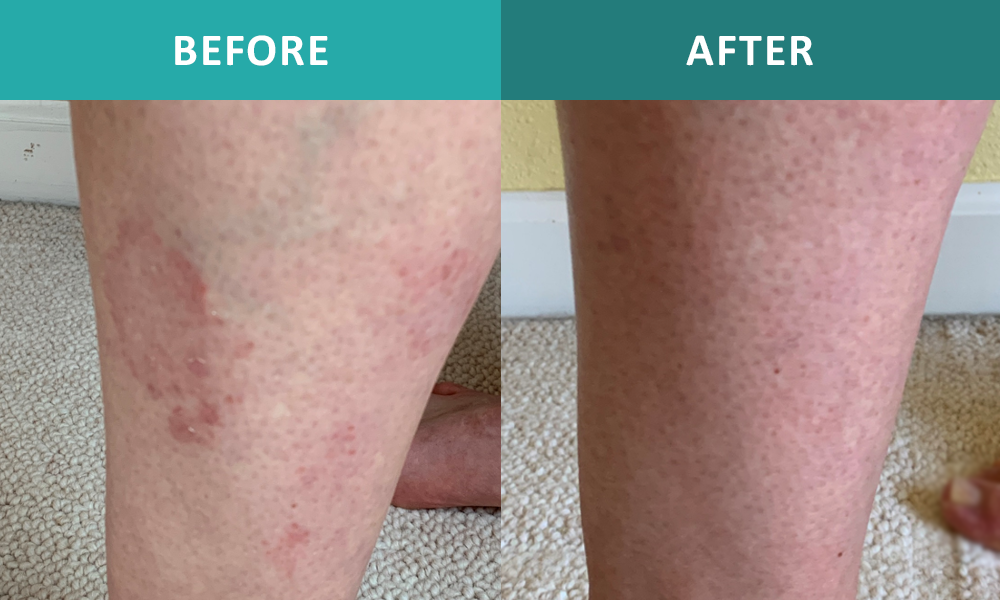
Conclusion
Preventing plaque psoriasis relapses requires a combination of consistent treatment, stress management, lifestyle changes, and avoiding known triggers. While flare-ups are a part of living with psoriasis, understanding your specific triggers and making proactive changes can significantly reduce their frequency and severity. Regular communication with your dermatologist and a personalized treatment approach are key factors in maintaining control over this chronic condition. By adopting these strategies, individuals with plaque psoriasis can enjoy longer periods of clear skin and improved quality of life.




